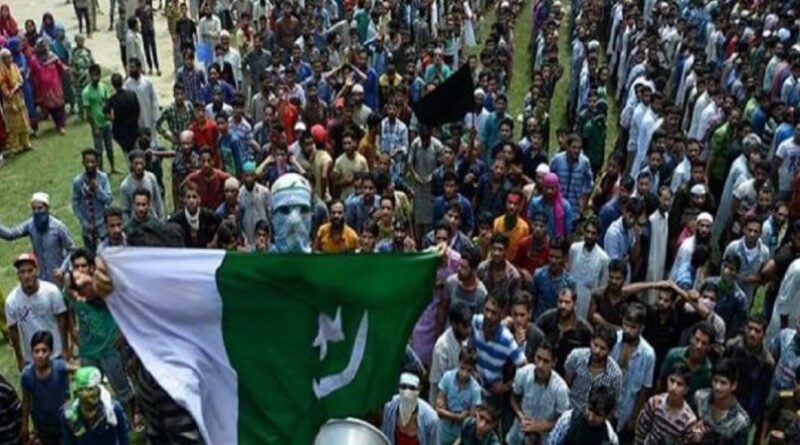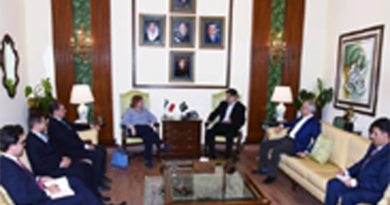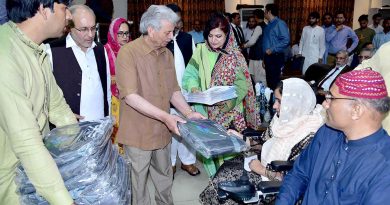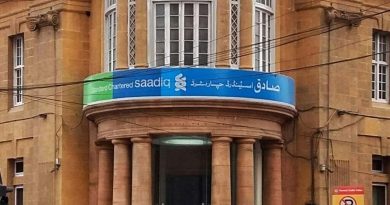Kashmiris mark Accession to Pakistan Day today
Authorities place Mirwaiz Umar Farooq under house arrest
Staff Report
ISLAMABAD: Kashmiris on both sides of the Line of Control and across the world are observing Accession to Pakistan Day, today, July 19, reaffirming their unwavering commitment to continue the struggle for freedom from Indian occupation and the realization of their historic decision to join Pakistan.
Tt was on July 19, 1947, that the genuine representatives of the Kashmiri people, in a historic session of the All Jammu and Kashmir Muslim Conference held at the residence of Sardar Muhammad Ibrahim Khan in the Aabi Guzar area of Srinagar, unanimously adopted a resolution for the accession of Jammu and Kashmir to Pakistan. The resolution was rooted in Jammu and Kashmir’s deep-rooted religious, geographical, cultural, and civilizational bonds with Pakistan, reflecting the collective will of millions of Kashmiri Muslims.
The All Parties Hurriyat Conference reaffirmed that the July 19, 1947 resolution embodies Kashmiris’ unwavering and eternal link with Pakistan. In a statement in Srinagar, APHC spokesperson Advocate Abdul Rashid Minhas emphasized that this resolution’s relevance is even greater today as the BJP-led Indian government has intensified its effort to erase Kashmiri Muslim identity and reduce their majority status. He said that despite relentless Indian tyranny, Kashmiris’ love for Pakistan remains unshaken and they remain committed to advancing the freedom struggle, guided by the 19th July resolution and Shaheed Syed Ali Gilani’s iconic slogan: “We are Pakistanis, and Pakistan is ours.”
Meanwhile, the occupation authorities placed senior APHC leader Mirwaiz Umar Farooq under house arrest for the second consecutive Friday, preventing him from offering congregational prayers at the historic Jamia Masjid in Srinagar. In a statement in Srinagar, Mirwaiz asserted that the rulers cannot erase the memory of the martyrs through lockdowns, restrictions, or banning him from Jamia Masjid, as their legacy lives on in the hearts and collective memory of Kashmiris. He stressed that the martyrs of July 13, 1931, were pioneers of Kashmir’s just political struggle against oppression and remain, now and always, a source of enduring inspiration.
Additionally, civil society members in Srinagar have voiced deep concern over the continued denial of justice to the families of the Gool massacre victims, even after twelve years. They have urged the United Nations and international human rights organizations to intervene and ensure justice for the innocent Kashmiris. On this day in 2013, Indian forces opened fire on peaceful protesters in the Gool area of Ramban, killing 14 civilians who were protesting against the desecration of the Holy Quran. The families of the victims, and the Kashmiri people at large, continue to await accountability and justice.



